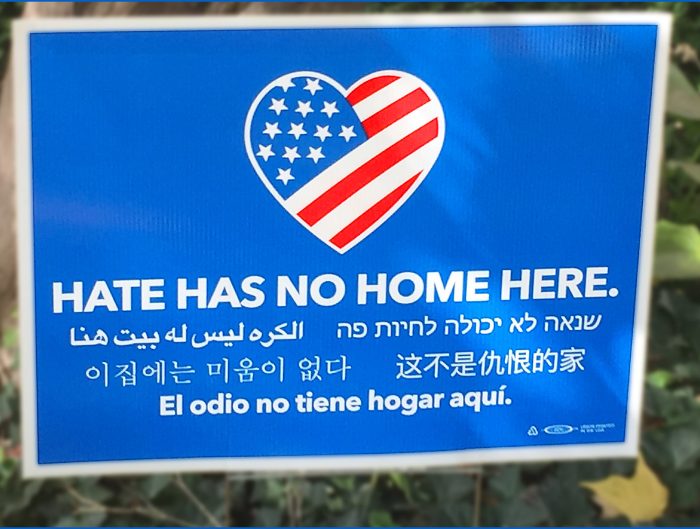The speed with which the COVID-19 pandemic has completely upended and shut down ordinary life in America is both stunning and terrifying. As recently as ten days ago I was (quite stupidly) complaining that this was overblown, that Coronavirus is just the flu with a slightly higher death rate. Now I’m on day six of being at home, as is the entire 33-person staff of Capital Good Fund; the stock market has tanked; the Treasury Secretary has warned that the unemployment rate may surge to Great Depression levels; more than 20% of Americans are effectively quarantined; and the crisis shows no signs of abating, either in America or in the UK, Germany, Spain, Italy, and elsewhere.
What is most shocking is the ease with which the illusion of our mastery over nature has been shattered, how quickly our aseptic, modern lives have been blown away by a little virus. After all, we’ve put men on the moon, built enough weapons to destroy the world many times over, and conquered every continent, forest, river, and ocean. Are we perhaps not as all-powerful as we thought?
But this unprecedented moment also raises difficult questions about other existential challenges facing humanity. Prior to even a week ago, if you had asked me what most worried me in my quiet hours, I would have answered the 2020 election and climate change. Now I’m wondering how many hundreds of thousands, or millions, may die in the coming months.
There are obvious similarities between climate change and COVID-19. Both have global implications, putting at risk the lives of billions of people; both expose extant inequities, such as how much easier is for the rich, famous, and powerful to weather a crisis than for everyone else (getting tested, making a profit); both are far easier to address the sooner they are dealt with—delay results in more death and more suffering; and both require cooperation between governments, the private and nonprofit sectors, the media, the scientific community, and every single citizen. Yet the differences between the two are highly instructive. A pandemic comes on suddenly, dominating the news and our lives: we cannot ignore it, cannot wish it away, cannot dismiss it as a hoax (for long) or a problem whose implications will be felt in decades, if ever. The pain is immediate and all-encompassing, but the action steps are clear: testing, social distancing, quarantines, handwashing. And at some point, the crisis will pass and life will resume more or less as it had before.
In contrast, climate change is a slow-moving train-wreck. With the exception of hurricanes and fires such as those experienced recently in Australia and California, its impacts are not obvious on a day-to-day basis (and even then, the connection between greenhouse gas emissions and a specific natural disaster isn’t easy to grasp or prove.) The impacts will be irrevocable; life will not return to normal if we do nothing about it. The actions we must take are just as urgent and, in some ways, even broader, requiring long-term changes to every aspect of our lives—how we eat, travel, consume—but the urgency is lost because, as noted above, it’s easier to ignore the problem.
We have known for years that a pandemic such as this one was likely to happen, yet we are woefully unprepared. Given how many trillions of dollars we have spent on war and “defense”—planes, bombs, tanks, ships, submarines—one can’t help but wonder how the hell we are running out of respirators and masks and can’t scale up testing. Similarly, the scientific community has been warning for decades that climate change is an existential threat to all life, and we know what action steps we must take. COVID-19 has, in the space of a few weeks, shown us the tragedy wrought by a lack of preparedness and surfeit of willful ignorance. Will we learn the lesson?
Yet there is reason for optimism. In these trying times, people are coming together. Daily life has come to feel surreal, but in some ways we are waking up to the reality that we are not masters of the universe, that we are not immune to the consequences of our inaction, that the status quo entails very real dangers lurking just below the surface of our comfortable lives. If we draw the right conclusions from this crisis, if we remember how this has felt, and if we let that feeling inform public policy and our actions in the coming years, then it is possible that all this preventable death, illness, and suffering will at least have some semblance of a silver lining.
Related
What Can One Do? (poem)
The Future of Channel Islands Beach, California (poem)
Will We Stand for This? (poem)
What Can a Poet Do In War? (poem)




Leave A Reply